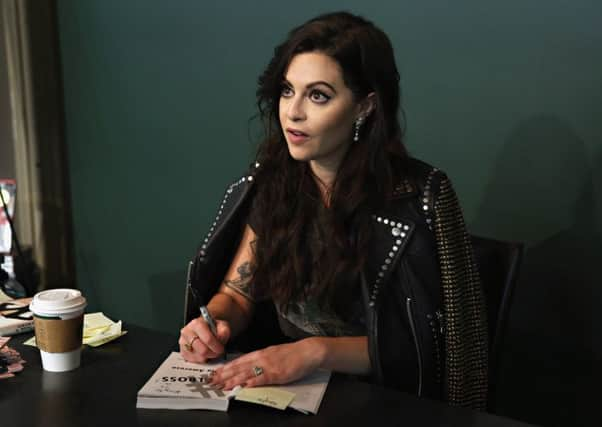Boohoo sizes up purchase of Nasty Gal fashion brand
This article contains affiliate links. We may earn a small commission on items purchased through this article, but that does not affect our editorial judgement.


The group is looking to buy the brand and customer databases of failed group Nasty Gal, which filed for bankruptcy in America on 9 November.
It comes just weeks after Boohoo acquired rival fashion website Pretty Little Thing for £3.3m and upped its profit outlook following bumper Black Friday trading.
Advertisement
Hide AdAdvertisement
Hide AdMahmud Kamani and Carol Kane, joint chief executives of Boohoo, said the Nasty Gal deal was an “ideal next step” for the group. They added it was a “fantastic opportunity to add such a well-established, global brand to the Boohoo family”.
Founded by Sophia Amoruso in 2006, Los Angeles-based Nasty Gal began as an eBay shop for vintage clothing. It specialises in fashion for young women, or “fashion-forward, free-thinking young women”, according to Boohoo.
The deal, which is subject to an auction and still needs to be approved by a US court, will boost Boohoo’s international reach and fast-growing US business. Nasty Gal had revenues of $77.1m in the year to 1 February, but racked up losses of $21m.
Independent retail analyst Nick Bubb said: “Nasty Gal would be an apparently cheap deal, although it remains to be seen what the underlying scale of the business will be post-bankruptcy.”
Boohoo expects to deliver revenue growth of between 38 per cent and 42 per cent for the full year, up from previous guidance of between 30 per cent and 35 per cent.
It hailed robust sales across the Black Friday weekend, saying in its recent update that demand was strong and that peak season trading was “encouraging”.
